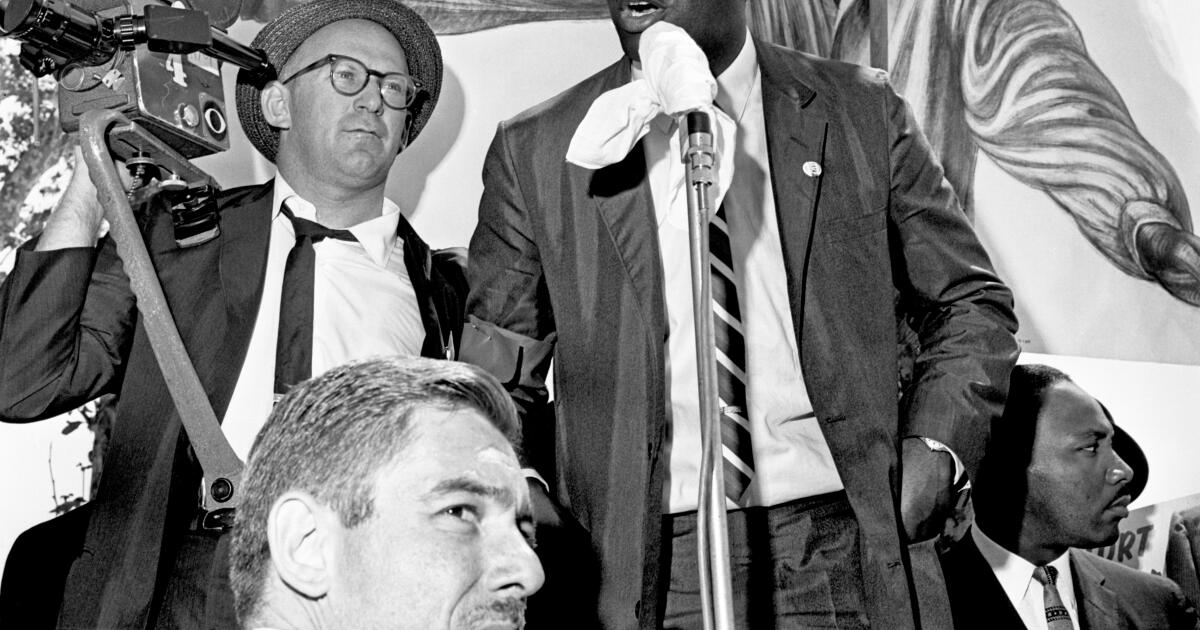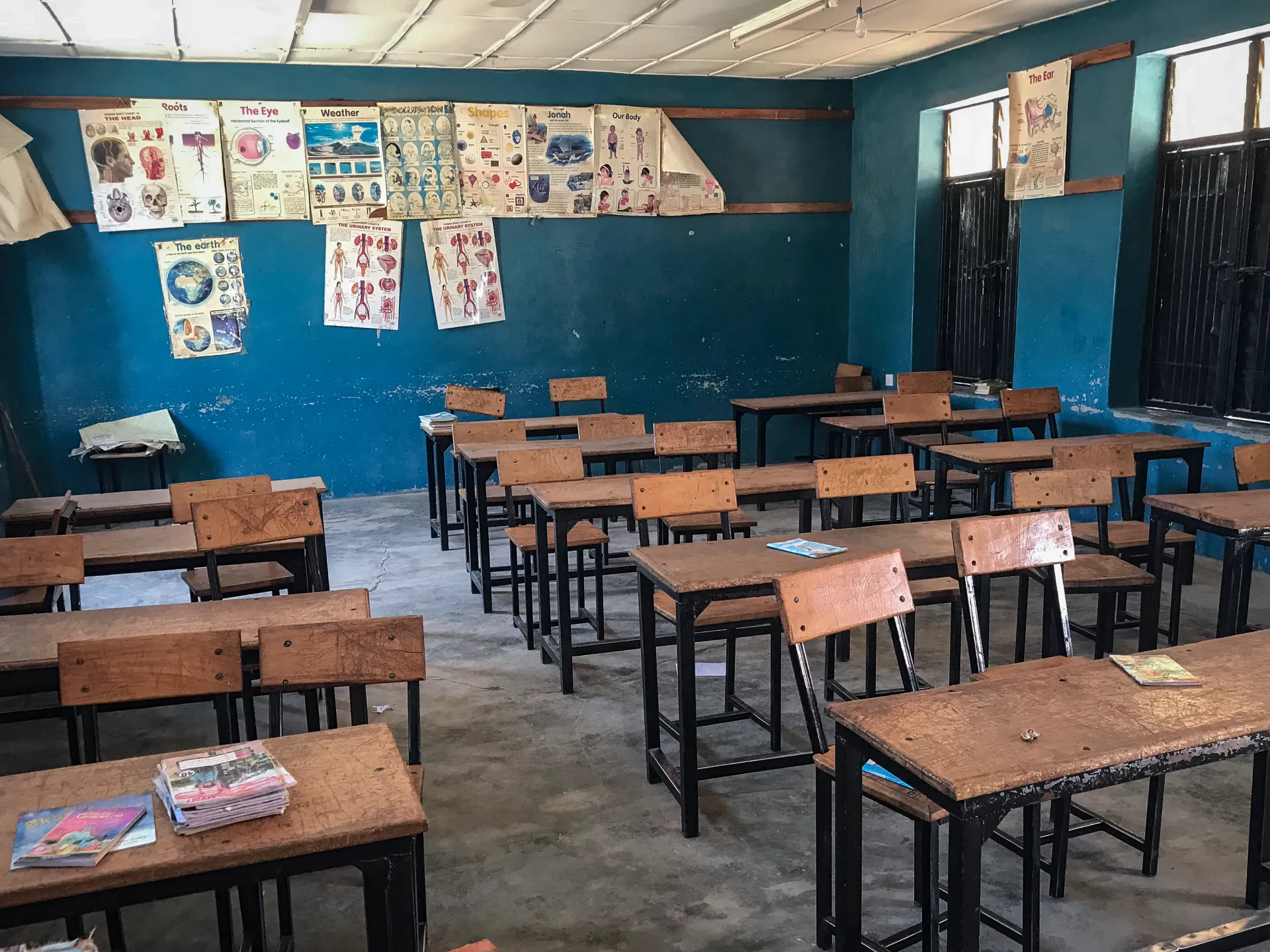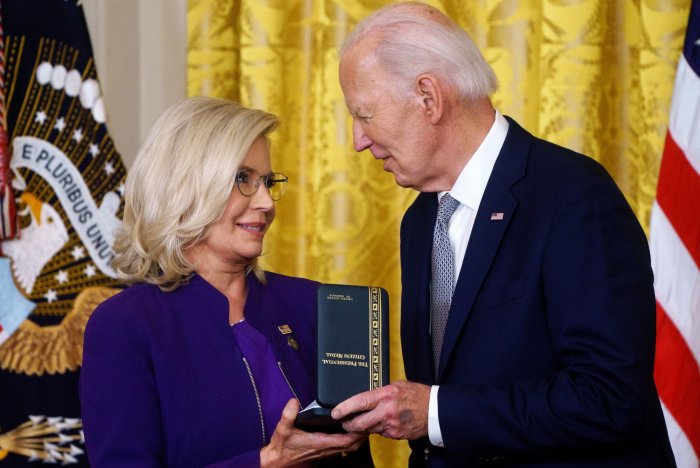Column: Some leaders will do anything to cling to positions of power
One of the most important political stories in American history — one that is particularly germane to our current, tumultuous time — unfolded in Los Angeles some 65 years ago.
Sen. John F. Kennedy, a Catholic, had just received his party’s nomination for president and in turn he shunned the desires of his most liberal supporters by choosing a conservative out of Texas as his running mate. He did so in large part to address concerns that his faith would somehow usurp his oath to uphold the Constitution. The last time the Democrats nominated a Catholic — New York Gov. Al Smith in 1928 — he lost in a landslide, so folks were more than a little jittery about Kennedy’s chances.
“I am fully aware of the fact that the Democratic Party, by nominating someone of my faith, has taken on what many regard as a new and hazardous risk,” Kennedy told the crowd at the Memorial Coliseum. “But I look at it this way: The Democratic Party has once again placed its confidence in the American people, and in their ability to render a free, fair judgment.”
The most important part of the story is what happened before Kennedy gave that acceptance speech.
While his faith made party leaders nervous, they were downright afraid of the impact a civil rights protest during the Democratic National Convention could have on November’s election. This was 1960. The year began with Black college students challenging segregation with lunch counter sit-ins across the Deep South, and by spring the Student Nonviolent Coordinating Committee had formed. The Rev. Martin Luther King Jr. was not the organizer of the protest at the convention, but he planned to be there, guaranteeing media attention. To try to prevent this whole scene, the most powerful Black man in Congress was sent to stop him.
The Rev. Adam Clayton Powell Jr. was also a warrior for civil rights, but the House representative preferred the legislative approach, where backroom deals were quietly made and his power most concentrated. He and King wanted the same things for Black people. But Powell — who was first elected to Congress in 1944, the same year King enrolled at Morehouse College at the age of 15 — was threatened by the younger man’s growing influence. He was also concerned that his inability to stop the protest at the convention would harm his chance to become chairman of a House committee.
And so Powell — the son of a preacher, and himself a Baptist preacher in Harlem — told King that if he didn’t cancel, Powell would tell journalists a lie that King was having a homosexual affair with his mentor, Bayard Rustin. King stuck to his plan and led a protest — even though such a rumor would not only have harmed King, but also would have undermined the credibility of the entire civil rights movement. Remember, this was 1960. Before the March on Washington, before passage of the Voting Rights Act, before the dismantling of the very Jim Crow laws Powell had vowed to dismantle when first running for office.
That threat, my friends, is the most important part of the story.
It’s not that Powell didn’t want the best for the country. It’s just that he wanted to be seen as the one doing it and was willing to derail the good stemming from the civil rights movement to secure his own place in power. There have always been people willing to make such trade-offs. Sometimes they dress up their intentions with scriptures to make it more palatable; other times they play on our darkest fears. They do not care how many people get hurt in the process, even if it’s the same people they profess to care for.
That was true in Los Angeles in 1960.
That was true in Washington, D.C., on Jan. 6, 2021.
That is true in the streets of America today.
Whether we are talking about an older pastor who is threatened by the growing influence of a younger voice or a president clinging to office after losing an election: To remain king, some men are willing to burn the entire kingdom down.
YouTube: @LZGrandersonShow



